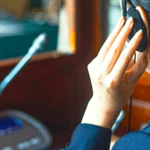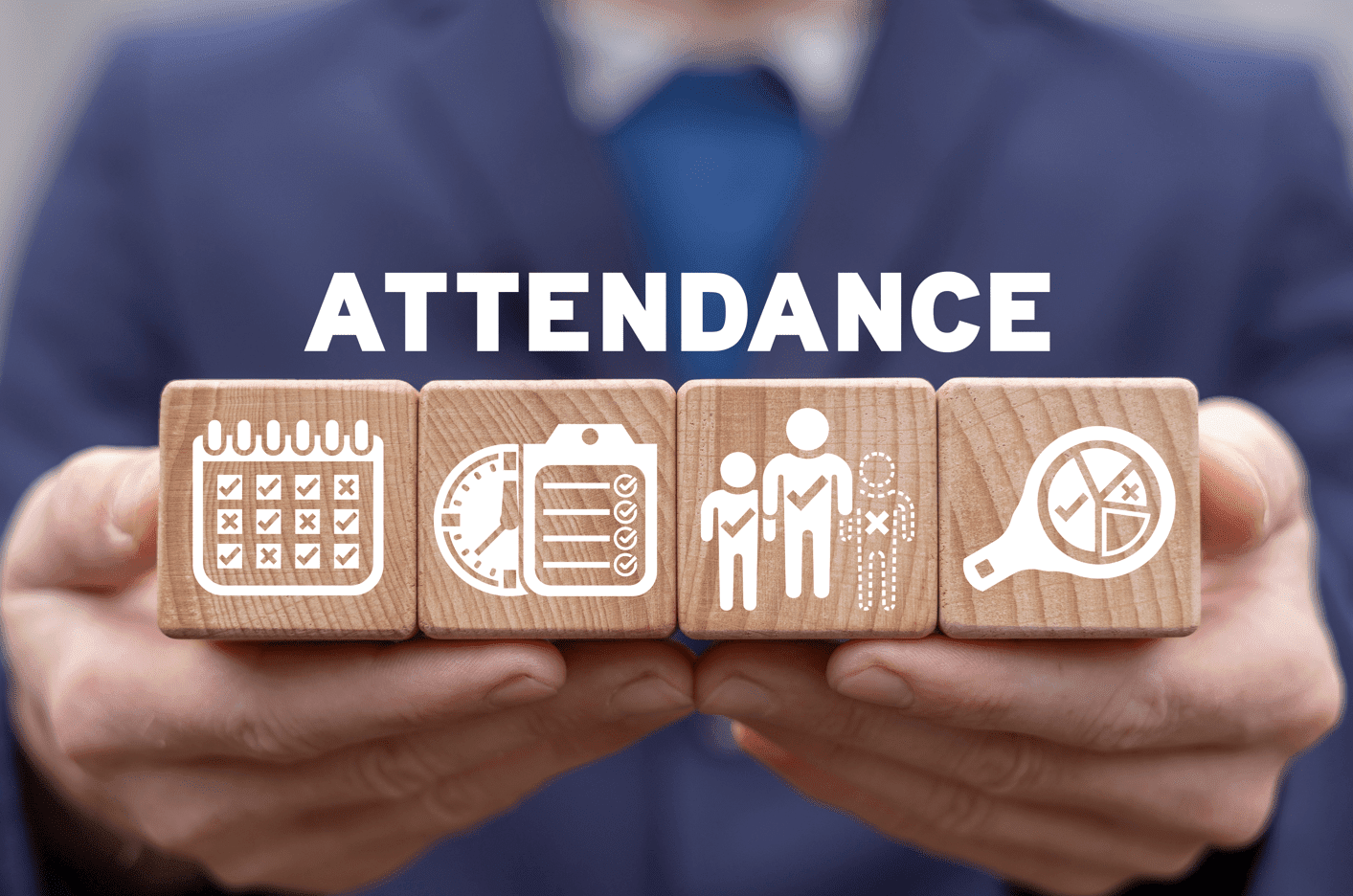
Finding the best employees is becoming increasingly harder in the current job market. Companies must enhance their employer brand and provide a fantastic candidate experience. They must take a step back, evaluate their employment strategy, and modernize the processes in order to achieve this. Without the right tools and a proper plan, you’re likely to quickly become overwhelmed. Incorporating video interviewing into your recruitment strategy can greatly improve the efficiency of finding top talent in today’s competitive job market.
Sometimes hiring managers and recruiters are unable to personally meet with candidates. When you add varying time zones in the mix, one-way video interviews can undoubtedly make some stages of the hiring process simpler for all parties, from ongoing COVID-19 safety regulations to long-distance or foreign work. Video is already used for training and onboarding. The interviewing process is currently being infiltrated by it, particularly through one-way video interviews, so it’s time for any stragglers to catch up.
Job seekers can submit a recruiter a recorded one-way interview in which they solely react to a predetermined set of questions. Managers in charge of hiring will analyze and assess the responses afterward. For several reasons, one-way video interviewing is an effective screening tool.
Speed up the hiring process
Imagine you need to interview sixty people for a single position. You’ll need to place sixty different phone calls if you’re doing this over the phone and each will take around 10 minutes. However, you just need to create or record your questions once and send them to candidates if you’ve already jumped onto the one-way video interview software camp. You’ll watch 20 videos, which is quicker than planning and holding the same amount of live interviews to assess candidates’ responses. Additionally, you have unlimited access to replay the recordings to make sure you don’t miss anything.
Increases ability to connect with remote employees
With video interviews, distance is no longer a problem. You don’t have to worry about bringing remote candidates in for interviews or relying solely on local candidates. Furthermore, any issues brought on by time zone variations are particularly resolved with one-way video interviews. Interviewers and candidates can “talk” to one another asynchronously instead of having to join the interview at an awkward time either incredibly early in the morning or late at “graveyard shift” hours. This benefits both recruiters who may be hiring for multiple open positions and struggle to coordinate different time zones as well as busy hiring managers who may examine all candidates’ records at a convenient moment.
Effective candidate screening
The first stages of the hiring process are typically when you want to address any deal breakers. In some circumstances, a straightforward application form makes this possible. (for instance, “Do you have a driving license?”) You can sometimes learn more about a candidate’s skill set by watching a pre-recorded video interview. If you want someone to speak French well, ask them to respond to your queries in that language. You can also assess a salesperson’s presentation and communication skills if you’re recruiting them. Those are just a few scenarios, as the options with one-way video interviewing are quite limitless!
Easy comparison of candidates
It’s simple to forget a comment made by a particular candidate when talking to several candidates. Similarly to this, during face-to-face interviews, one candidate’s discourse may diverge from that of the other interviews. Since all candidates are responding to the same questions during one-way interviewing, it is easier to determine which ones have the qualifications you are seeking because you can see all of the videos at once.
The hiring team can easily collaborate
Collaboration between numerous interviewers is typically necessary for hiring. The best employment choices are frequently not made in isolation. They are done in a team. One-way video interview software such as Ducknowl makes this collaboration easier as they can easily involve every member of the hiring team right away. They can all watch the same interview, give each other input, and then decide collectively whether to accept or reject a candidate. Candidates won’t have to go through several rounds of interviews before the final interviewer identifies a potential deal breaker in this manner.
Candidates can show their best selves
Even the most well-prepared individual may find a job interview stressful. Additionally, stress impairs interview performance and could make candidates seem less qualified. Some applicants who find interviews stressful might enjoy the chance to practice their responses beforehand. You may improve the candidate experience with one-way video interviews to help you make decisions. Inform applicants that they can record as many takes as they like, but you will only see the one they choose to submit. In this approach, individuals can practice until they are happy with their responses and feel more assured that they have given their finest performance.
Also read: Applicant Tracking Systems
Conclusion on video interviewing benefits
One-way video interviewing is effective because it allows employers to pre-record interview questions, enabling candidates to respond at their convenience. This method saves time for both parties, eliminates scheduling conflicts, and provides a fair and consistent evaluation process. Additionally, it offers insights into candidates’ communication skills, professionalism, and cultural fit early in the hiring process, ultimately leading to better hiring decisions and improved candidate experience.








